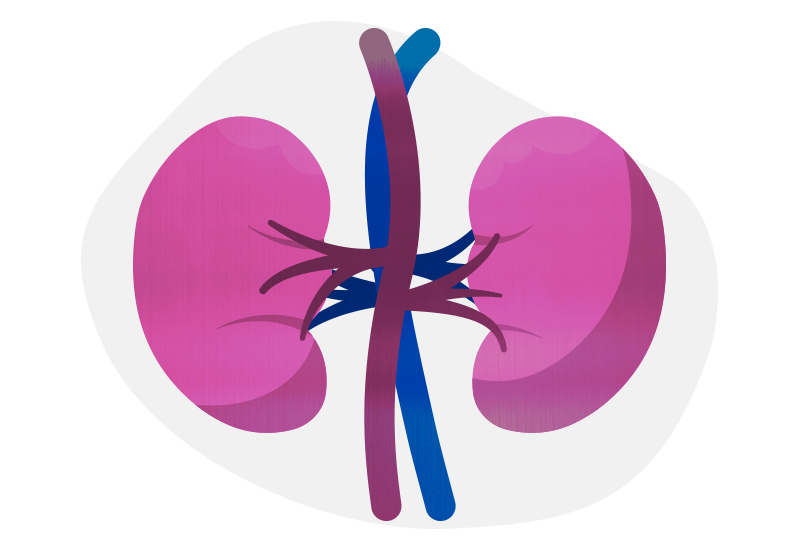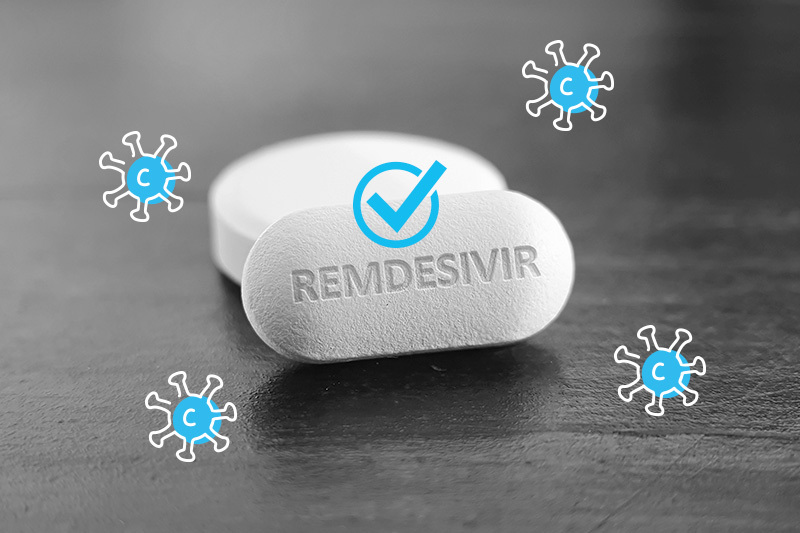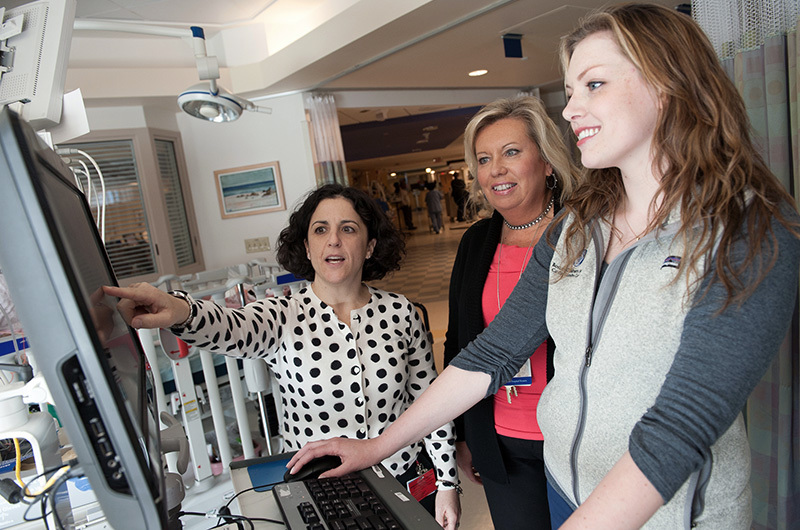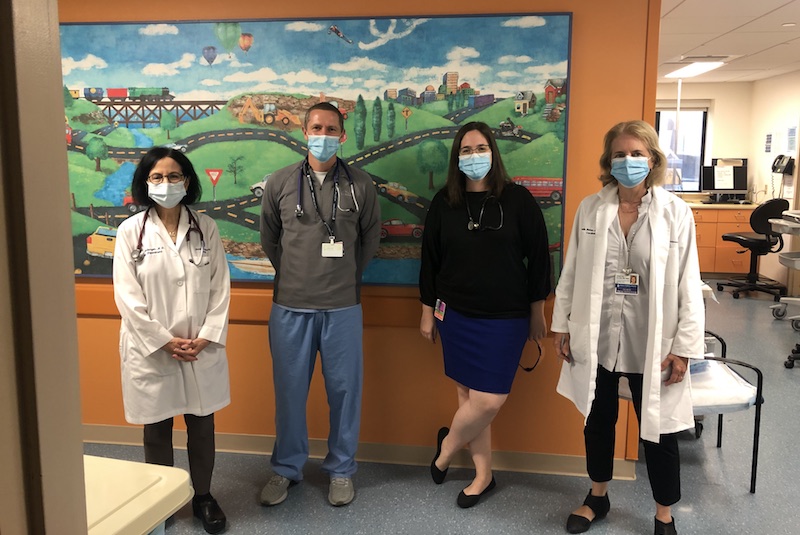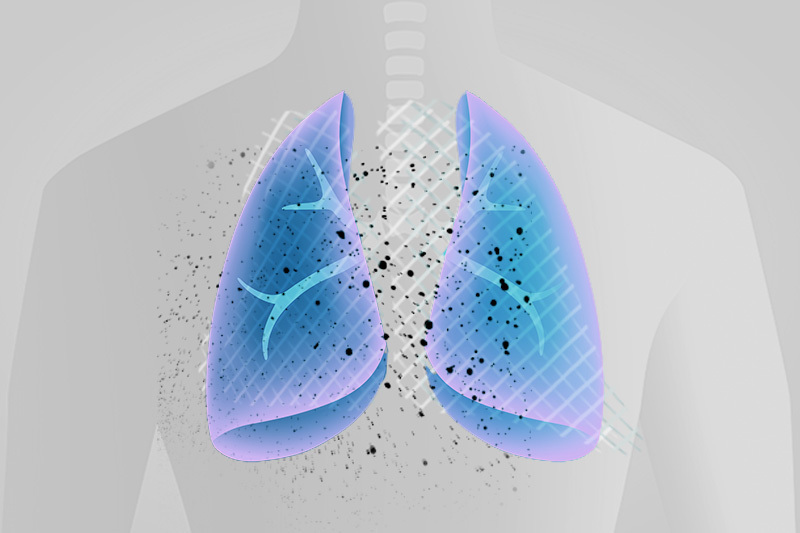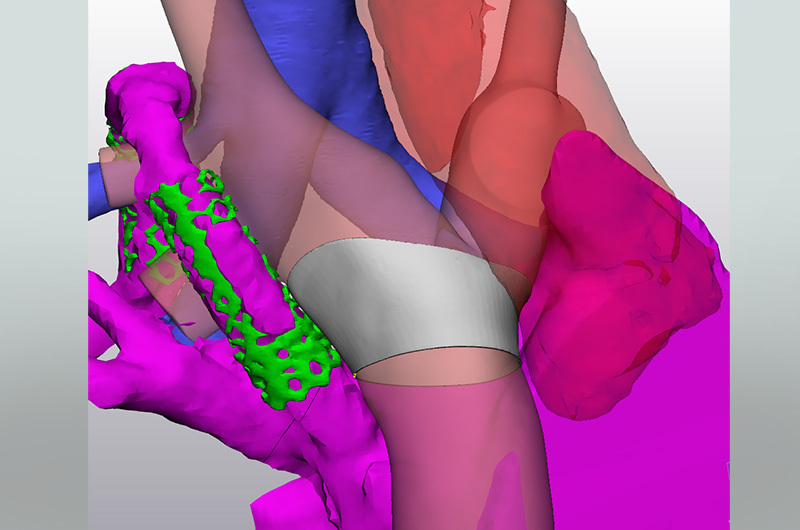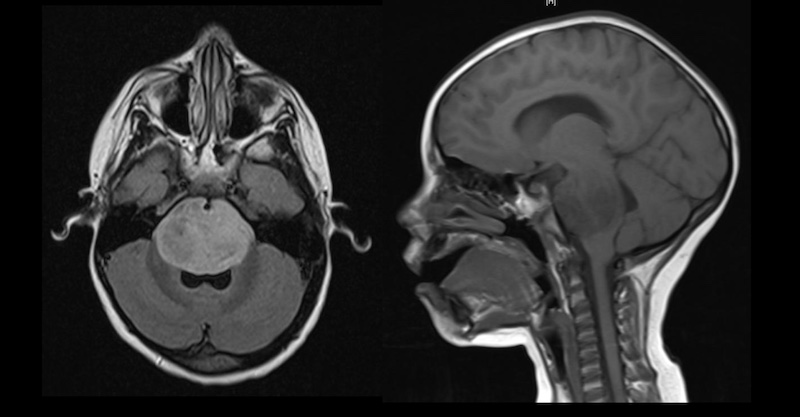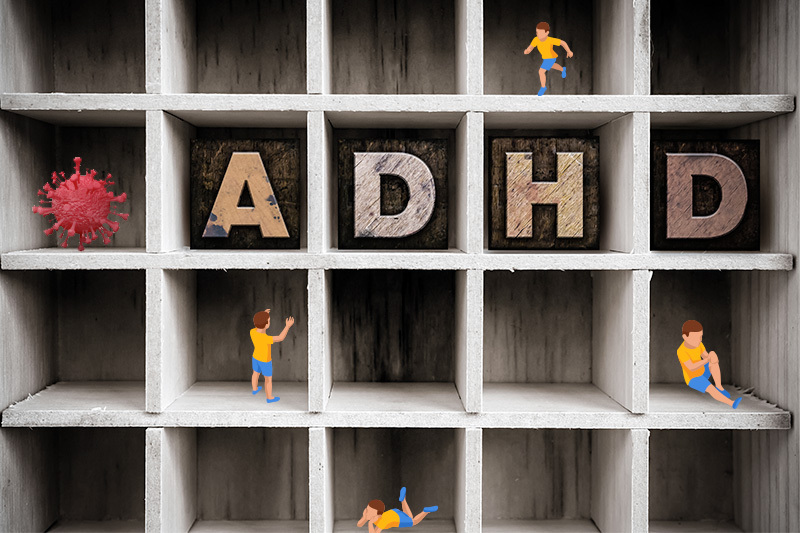At the forefront of kidney stone removal: Innovative approaches transform patient care
No longer considered just an adult problem, kidney stones increasingly affect children as well. The majority of children who cannot pass stones on their own can be treated with minimally invasive approaches such as extracorporeal shock wave lithotripsy, ureteroscopy, percutaneous nephrolithotomy, laparoscopic and robotic approaches and, rarely, open surgery. Now, two recent innovations provide additional ... Read More about At the forefront of kidney stone removal: Innovative approaches transform patient care
Remdesivir: What to know about the first drug approved to treat COVID-19
In late October, the U.S. Food and Drug Administration (FDA) officially approved the antiviral drug remdesivir (Veklury) for COVID-19. The approval has been controversial, with many scientists questioning the strength of the evidence and proposing that the drug undergo further clinical trials before receiving full FDA approval . What does this mean for children who ... Read More about Remdesivir: What to know about the first drug approved to treat COVID-19
Coordinated care and research for genetic cardiovascular disorders
Genetic cardiovascular disease in children sometimes comes to light in a crisis — a sudden collapse, sudden breathing difficulty, a sudden death in the family. Or it may be part of a diverse collection of symptoms, mostly having nothing to do with the heart. Sometimes it is picked up incidentally. “From an incidental ECG finding ... Read More about Coordinated care and research for genetic cardiovascular disorders
The CAMEO tool: Capturing the complex nature of pediatric nursing
By any measure, nursing is a complex profession. On any given day, nurses must draw on a wide range of cognitive skills and clinical tools to care for their patients, and by extension, their patients’ families. As patients become increasingly complex, so do the specific proficiencies necessary to complete their jobs. Measuring the cognitive complexity ... Read More about The CAMEO tool: Capturing the complex nature of pediatric nursing
MIS-C: The tip of an iceberg? Looking at cardiac care for this rare syndrome
In the early days of the COVID-19 outbreak, it seemed that children were far less likely to develop serious problems from the disease than adults. Then in mid-March, hospitals started reporting an unusual inflammatory syndrome in children that seemed to be related to COVID-19, now known as multisystem inflammatory syndrome in children (MIS-C). MIS-C can ... Read More about MIS-C: The tip of an iceberg? Looking at cardiac care for this rare syndrome
Trial tests dornase alfa, a cystic fibrosis drug, for severe COVID pneumonia
Boston Children’s Hospital and Brigham and Women’s Hospital will soon begin testing an existing drug, dornase alfa, in patients with severe COVID-19 pneumonia and respiratory failure. The randomized, controlled clinical trial aims to enroll 60 adults and children over age 3 who require mechanical ventilation. Key takeaways:· A randomized trial is testing whether a cystic ... Read More about Trial tests dornase alfa, a cystic fibrosis drug, for severe COVID pneumonia
Utilizing engineering tools from the aerospace industry to repair hearts
When an 18-year-old patient from North Carolina recently presented at Boston Children’s Heart Center with an enlarged right atrium that made the flow through his Fontan circulation very inefficient, David Hoganson, MD, decided to utilize a new set of tools borrowed from the aerospace industry. “We have been collaborating with Dassault Systemes for over a ... Read More about Utilizing engineering tools from the aerospace industry to repair hearts
Guidance for assessing treatment response in pediatric brain tumors
Assessing patients’ response to cancer therapy can be challenging, especially in neuro-oncology. Generally, we assess treatment response by a change in tumor size on MRI scan. However, with brain tumors, changes on MRI scan can be difficult to interpret. A decrease in tumor size may indicate treatment is having an effect; however, a drug can ... Read More about Guidance for assessing treatment response in pediatric brain tumors
Caring for pediatric ADHD patients through telehealth
Key takeaways· In the current health crisis, online visits should be used to monitor current patients and make new diagnoses.· Providers should guide families to resources for at-home behavioral modification techniques.· Telehealth office visits are likely to remain after the current crisis subsides. It comes as no surprise to the pediatric neurology community at Boston ... Read More about Caring for pediatric ADHD patients through telehealth
Treating inflammation in MIS-C: An evidence-based approach
Multisystem inflammatory syndrome in children (MIS-C) is a complex, post-COVID-19 spectrum of illness that has affected a small number of children and adolescents. Symptoms can include features of Kawasaki disease, cardiac dysfunction, hypotension and toxic-shock-like signs, abnormal blood coagulation, and prominent GI symptoms. At its core is a hyperinflammatory response that we do not yet ... Read More about Treating inflammation in MIS-C: An evidence-based approach


